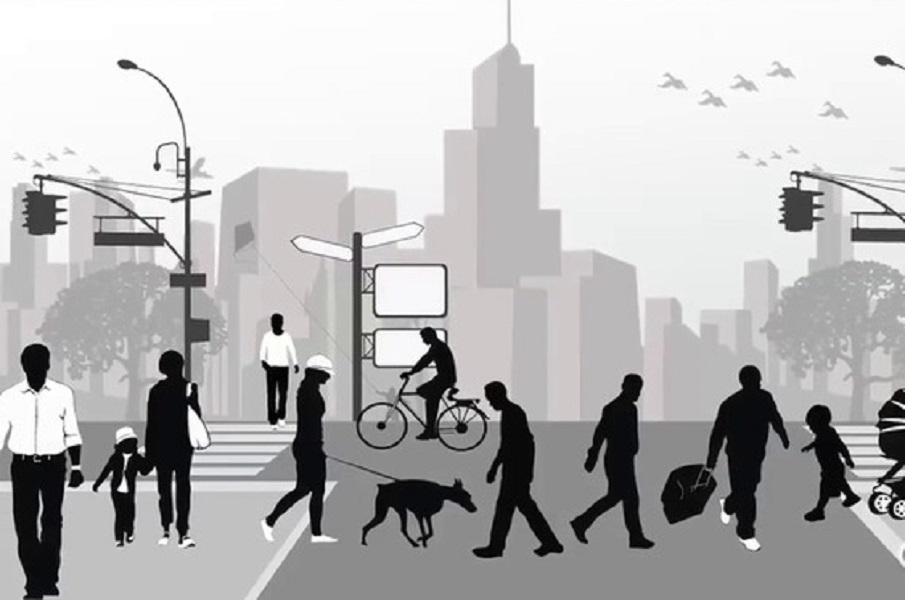
Published :
Updated :

More than five decades after its independence, Bangladesh is yet to establish a social order. Though the country has emerged as a vibrant economy defying many odds, the lack of a sound social order is a big drawback. Not that the social order is at its worst form, or there is a perennial state of chaos and conflict. But the current state of social order is quite disappointing. Being a densely-populated country, Bangladesh also faces lots of challenges in its bid to establish a proper social order.
The theory of sociology provides a complex definition of the term 'social order'. It refers to 'the organisation of many interrelated parts of a society.' When members of a society agree to a shared social contract where specific rules and laws must be abided by and certain standards, values, and norms maintained, that is known as a social order. Any social order is usually hierarchical as some people hold more power than others, so the former can enforce the laws, rules, and norms necessary to protect a chosen social order.
Without going to the complex and multidimensional characteristics of social order, it can be simply dubbed a state of stability and consensus in a society where chaos and upheaval are minimal, as no community can be entirely free from disorder. In other words, social order prevails when an organisation moves on with less chaos, instability, and conflict.
In Bangladesh, chaos is almost everywhere, which is reflected in various events and incidents. It appears that the country as a whole is prone to chaos, as maintaining discipline requires persistent effort and patience. From policymakers to ordinary citizens, addressing the chaos remains a less priority. Instead, almost everyone seems interested in going with the trend, mainly due to the growing focus on a self-centric attitude day by day. Many people now think or are compelled to think that one does not need to look or wait for others and should move ahead only to protect one's self-interest. When everyone, or a large number of people, to be more accurate, wants to move according to their whim, there is an eruption of a chaotic situation.
Just look at the roads and streets, which will tell anyone about the extent of chaos in this society. Many people will be found driving motorcycles and rickshaws on the wrong sides of the roads giving a damn to traffic laws and rules. Shopkeepers and street vendors occupy pavements creating undue obstacles to movement of pedestrians. Buses do stop abruptly in the middle of the road to collect passengers. Such examples too plenty to catalogue would only cause deeper despondence.
A flawed education system is a major reason for creating chaos in society. A lack of family education to learn and maintain order and discipline makes things difficult. Thus, students and youths are not guided adequately to follow social order and value social bonding. Gone are the days when residents in the neighbourhood were used to interacting with each other frequently. A culture of closed-door living and ignoring neighbours also becomes a barrier to social order.
Those creating or supporting chaos do not want to realise or are incapable of realising that they are trying to gain at the expense of others who value and practice an orderly way of life. The trouble is deepening, which is reflected in growing insensitivity and intolerance to each other. All these make it challenging to ensure a social order, which is necessary for sustainable development in the long run. As the nation is set to observe the 53rd Independence Day tomorrow, it should set its sight on a change of the mindset and a comprehensive behavioural turnaround for establishing a desirable social order.
asjadulk@gmail.com


 For all latest news, follow The Financial Express Google News channel.
For all latest news, follow The Financial Express Google News channel.